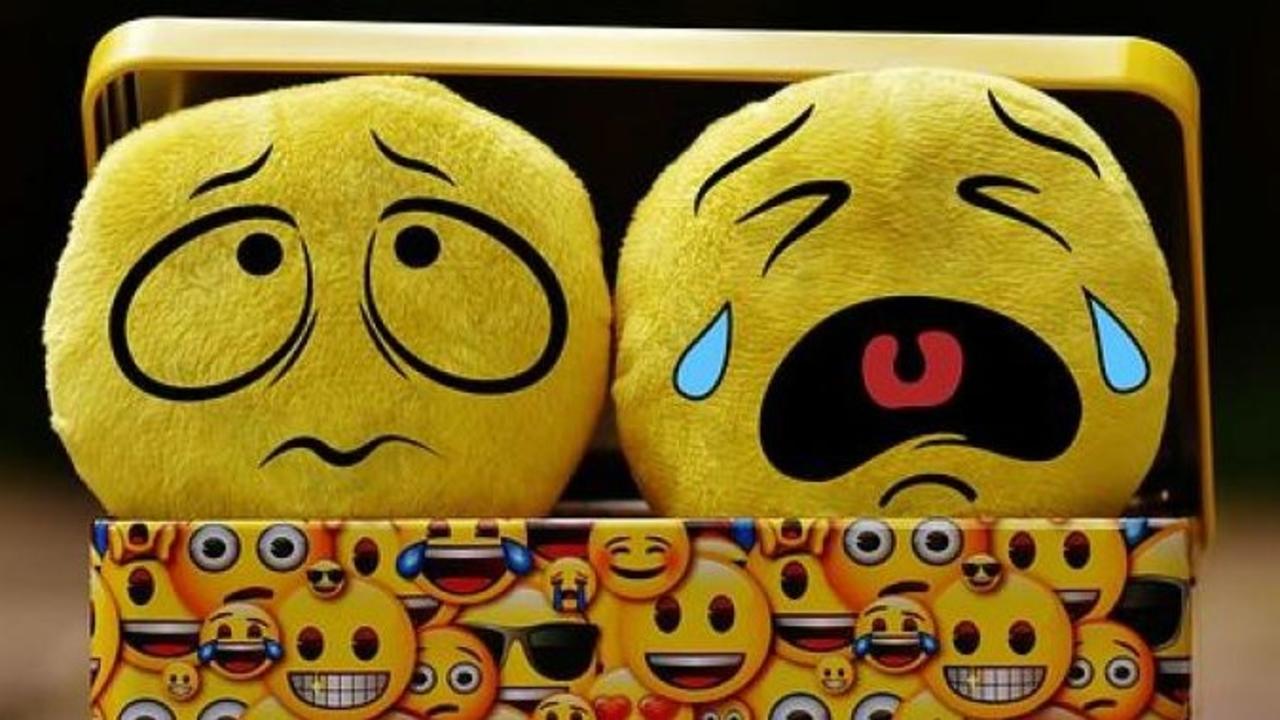Codependent Relationships and Enmeshment
May 24, 2018
Are you in a codependent relationship and suffering with enmeshment?
Most of us can empathize with other people to a particular degree. When we notice a photo of a grieving mother, within us is the ability to imagine how she feels. If you were to witness someone struggling to get their car door open, you would immediately empathize with this person because you have the ability to imagine what it would feel like to be in the same situation. This ability to empathize with others is made possible through what scientist refer to as mirror neurons.
But what happens in the case of codependents, when we have been conditioned to ‘not’ feel our own feelings, and instead have been conditioned to worry more about ‘others’ feelings? What happens when those of us who are more empathetic than the average person, start taking on the emotions of others? What happens when the highly empathic codependent person starts hanging out with those who are not working on their recovery?
Codependents are naturally empathic. We have either been born more highly aware or have been conditioned to be hyper-vigilant due to our childhood experiences. Regardless of how or why we are more empathic than others, the fact is we must be on guard of enmeshed relationship dynamics. Because we have been brainwashed to care more about other feelings than our own, it is easy for us to slip down the rabbit hole of despair. It is natural for us to want to save those in need and to become overly involved in other people’s issues. Our ability to attune ourselves to others, makes feeling our own feelings difficult when we are suffering from codependency and are also highly empathic.
When we enmesh with others, we have crossed a dangerous line. Not only have we abandoned ourselves, but we have also taught the other person to abandon themselves as well. When we take on the pain and emotions of others, we allow the other to lean on us in unhealthy ways. When they should be focusing on fixing their lives by becoming more responsible for how they think and what they do, we have now given them a pass to tell us all of their problems and to expect us to engage in fixing for them what they must learn to fix for themselves.
It is true that misery LOVES company and when it comes to those of us who are highly sensitive to the emotions, pains, needs, wants, and desires of others, we must be aware of how treacherous it can be to NOT take care of ourselves, and especially around those who are not taking care of themselves. While it is a wonderful human quality to have empathy for what others are going through, it is unhealthy to lose yourself in the emotions of other people, and especially when in the case that there is nothing you can say or do to fix the other person’s situation.
Enmeshment implies that we have lost ourself in the dynamics of a relationship with another person. We are no longer able to define who we are, what we think, or what we need because we have blurred our experiences with the experiences of the other. If you are waking up to the idea that you have perhaps begun losing yourself in a codependent dynamic, it is not too late to set up some clear boundaries. If you tend to take on other people’s emotions, consider taking a break. Answer your phone less, be less available, say ‘no’ once in awhile, take some time out for yourself, give social media a rest, meditate, take a yoga class, go for long walks, spend time in nature, and do what you can to remember that it is not your job to worry about other people. It really isn’t. Worry doesn’t solve anything. Letting go and believing that the other person has the power to fix their own life solves your problem and eventually theirs too.






